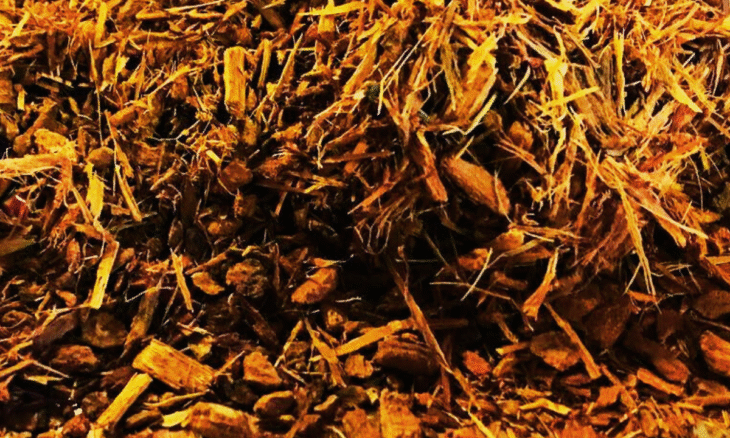Lucknow: A traditional Ayurvedic formulation known as Panchavalkala, historically used for managing women’s health, has demonstrated potential anti-cancer and anti-HPV effects in a recent scientific study published in the Journal of Ethnopharmacology.
The research was conducted by Prof J N Mishra, former principal of Government Ayurveda College in Lucknow, and Pune-based researcher Dr Ruchika Kaul Ghaneker.
Speaking at a press conference, Prof. Mishra explained that laboratory tests of Panchavalkala extract – derived from the bark of five different trees – successfully eliminated cervical cancer cells in vitro and showed significant activity against HPV strains 16 and 18, which are responsible for the majority of cervical cancer cases worldwide. Additionally, the extract appeared to stimulate the body’s immune system.
Panchavalkala Formulation Lab Testing
The Panchavalkala formulation was also tested on mice, where it was found to be safe and non-interfering with standard chemotherapy drugs. Prof. Mishra advocated for an integrative medical approach, combining Ayurvedic and modern medicine for better patient outcomes.
“While modern treatments such as surgery, radiation and chemotherapy remain vital, they can cause severe side effects. Incorporating traditional formulations like Panchavalkala may help reduce toxicity,” he said.
Dr. Ghaneker highlighted that the study opens doors to developing new, less toxic therapeutic alternatives. She also noted the potential for broader applications, as HPV 16 is linked not only to cervical cancer but also to certain throat cancers and skin warts.
However, both researchers emphasised the importance of conducting clinical trials on humans to validate these findings and ensure the formulation’s safety and efficacy in real-world settings.
This pioneering study could pave the way for evidence-based integration of Ayurvedic medicine into mainstream cancer care, especially in the context of HPV-related diseases.





